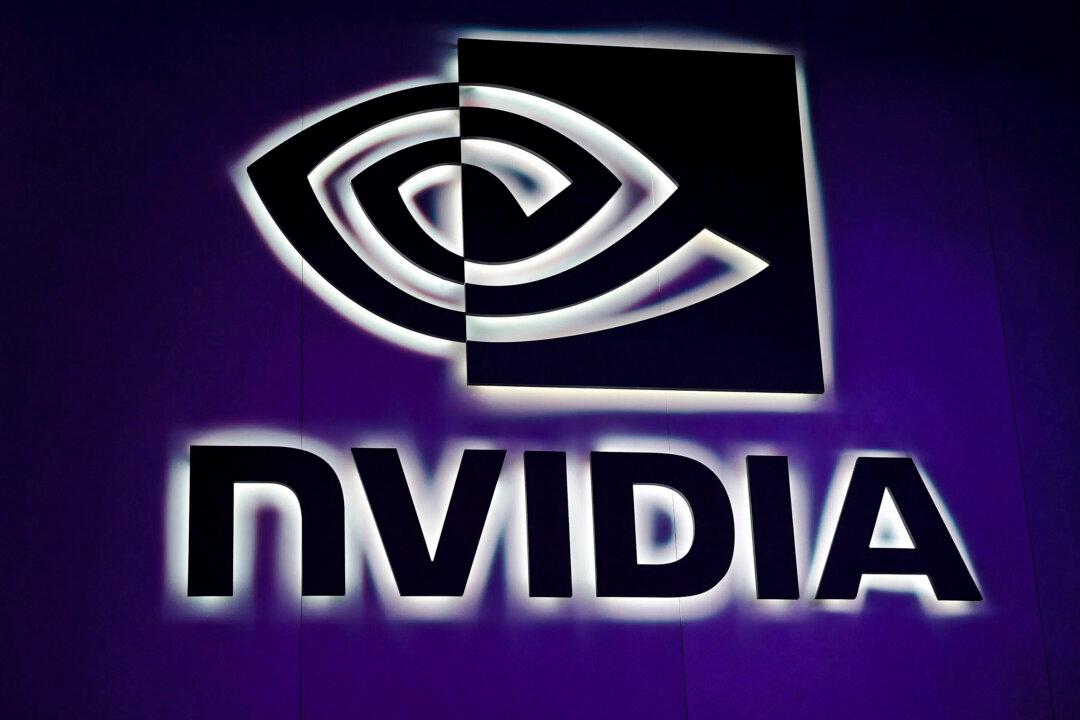Silicon Valley giant Nvidia urged the Supreme Court on Aug. 13 to turn away a shareholders’ fraud lawsuit, alleging that they falsely claimed that the company’s CEO made public statements that contradicted its own internal reports.
The new filing previews arguments that the company will make when the Supreme Court hears the appeal, known as Nvidia Corp. v. E. Ohman J:or Fonder AB, in the fall.





